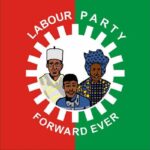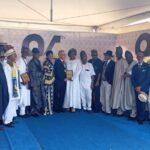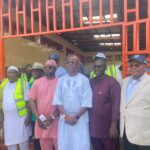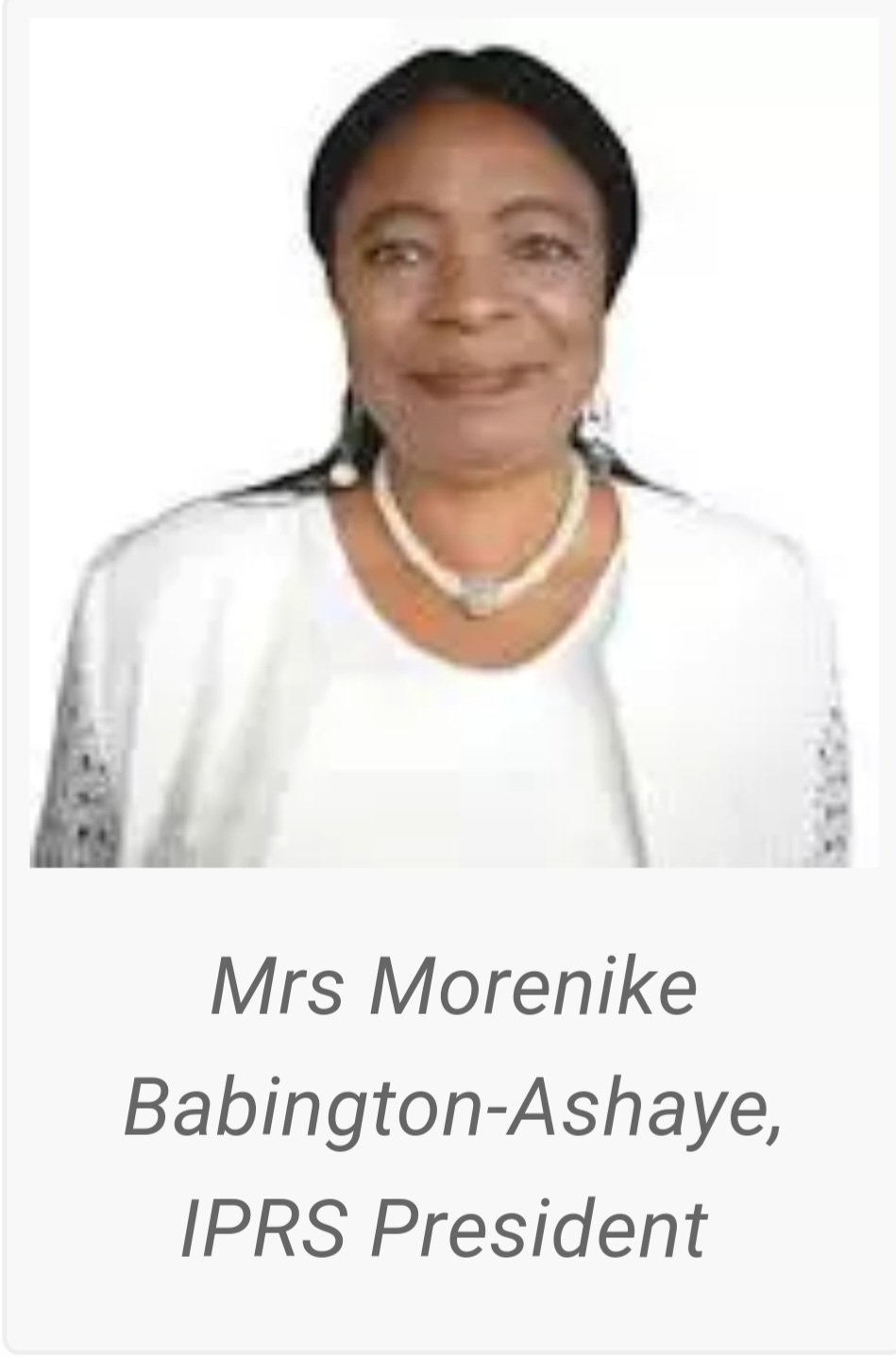By Adeyemi Adeleye
The Institute of Political Research and Studies and some political analysts have called on Nigerian to seek accountability from public office holders to build the country of everybody’s dream.
The professional group and the stakeholders made the call on Thursday at the maiden webinar organised by IPRS on “Citizens Engagement in Seeking Accountability from the Three Tiers of Governance in This Digital Age”.
Mrs Morenike Babington-Ashaye, the President of IPRS, said that the institute had observed over the years the decadence in political administration in many countries.
Babington-Ashaye said that the institute was willing to study both the past and present political systems adopted in parts of the world to assist political office holders to evolve a better understanding of the citizens for a better life.
The evolving strategy, according to her, is part of the institute’s objectives to educate both the citizens and political office holders.
“Obviously, political administration affects all aspects of our lives – political, which relates to how structures are developed and managed.
“It affects our economy – our businesses and the management of national wealth for the good of all; and lastly social well-being of citizens which affects the social fabrics of the society.
“Political administration also affects security of life and property, employment, health services, housing, transportation, water, food security, communication, and many others,” Babington-Ashaye said.
The president said that those who brought about democracy saw the tyranny in governance by the kings and queens in the affairs of public administration.
According to her, the metamorphosis from imperialism to democracy was not without a struggle.
Babington-Ashaye said: “Unfortunately, today, the way many nations of the world practice democracy is similar to imperialism, which means that some people have been clever to turn democracy into colonisation or imperialism.
“How can we struggle out of this situation, which leaves people voiceless?
“How can we escape the political malady that puts 99 per cent of the world’s people in poverty and gives one per cent of the world’s population the right to enjoy our national wealth?
“This is the reason for this conference. How do we engage with political office holders in such a manner that we are not tagged, ‘antagonists’, when we are simply exercising democratic rights and privileges?
According to her, democracy is beautiful if well-designed and practised and gives citizens the voice to rule their nations the way it best serves the interests of all.
She, however, said that the use of political agents who had turned themselves into political merchants had brought a new dimension to democracy.
“The political merchants who are political parties see three things in democracy: power purchase, return on investment and maximising profits for future political investments.
“In this digital age, communication is made easy, and IPRS believes that the time is ripe for the engagement between the citizens and public office holders who are elected, selected, and appointed.
“If democracy is indeed the government of the people by the people and for the people, those elected, selected, and appointed cannot act without the people’s authority,” Babington-Ashaye said.
She said that some constitutional provisions remained barriers to citizens’ engagement with political office holders to make them accountable.
“These are the reasons why no matter how high we raised our voices, we were never heard. These constitutional barriers must be removed for inclusive governance,” she said.
Stating that citizens must be able to enforce accountability of public officers for a better society, Babington-Ashaye decried that powers were usually purchased in Nigeria by the highest bidders. Hence, the reason for absence of accountability
She said that poor standard of living adds to affected value system in the country and in the affected demand of citizens for accountability from politicians.
Also speaking, Prof. Musa Aibinu, Vice Chancellor, Summit University, Offa, and Kwara, traced the problem of accountability to the long-lost value systems in the nation.
Aibinu urged the nation to address such problems from the foundation through education, orientation, and reorientation of citizens through various means.
The vice chancellor, who noted that poverty, ignorance, and value proposition had affected a lot of things, therefore called on religious bodies and homes to step up national ethical platforms for a better society.
In his contribution, Sen. Kolawole Bajomo, an accountant and politician, said that the nation must find a way to make accountability of public officers enforceable.
Bajomo, a former Ogun West senator, said that if the nation got the executive arm of government right on accountability, the country would be on the path to development and progress.
In her remarks, Mrs Titilola Akinlawon (SAN), a tax practitioner, raised concern about low level of digital literacy as a tool being advanced by stakeholders to educate and re-orientate the people on their rights.
Urging the people to explore the Freedom of Information Act to get public officers accountable, Akinlawon said it had become difficult for citizens to get information to make public officers accountable to the people.
The senior advocate, who recommended stiffer punishment for public officers hoarding information, said that it had also become difficult for ordinary citizens to challenge government institutions.
According to her, it is easier for a collective body like IPRS and other groups to get public officers accountable than an individual.
She said that such a body could help ordinary electorate gather signatories for the recall process of any representative that failed to be accountable to the people.
“We have so many rights we can enforce. Nobody is ready to account for how our common resources are being used.
“Public officers have exploited this for so long. We have to start from educating the people and orientating them on their rights,” she said.
She called for concerted efforts toward teaching young Nigerians on ethics and good values system at home, saying this should not be left in the hands of corrupt teachers in schools.
Dr Femi Egbesola, a participant, called on relevant government agencies, established to make public officers accountable, to intensify efforts and work for the people.
Another participant, Mr Samuel Oniyide, said that an effective and unbiased legal system also remained a key factor for citizens to make public officers accountable.
A former lawmaker, Mr Nureni Adebisi, added that political party structure was also key in making public officers accountable to the people. (NAN) (www nannews.ng)
AYO/AWA
===========
Editedby Olawunmi Ashafa












